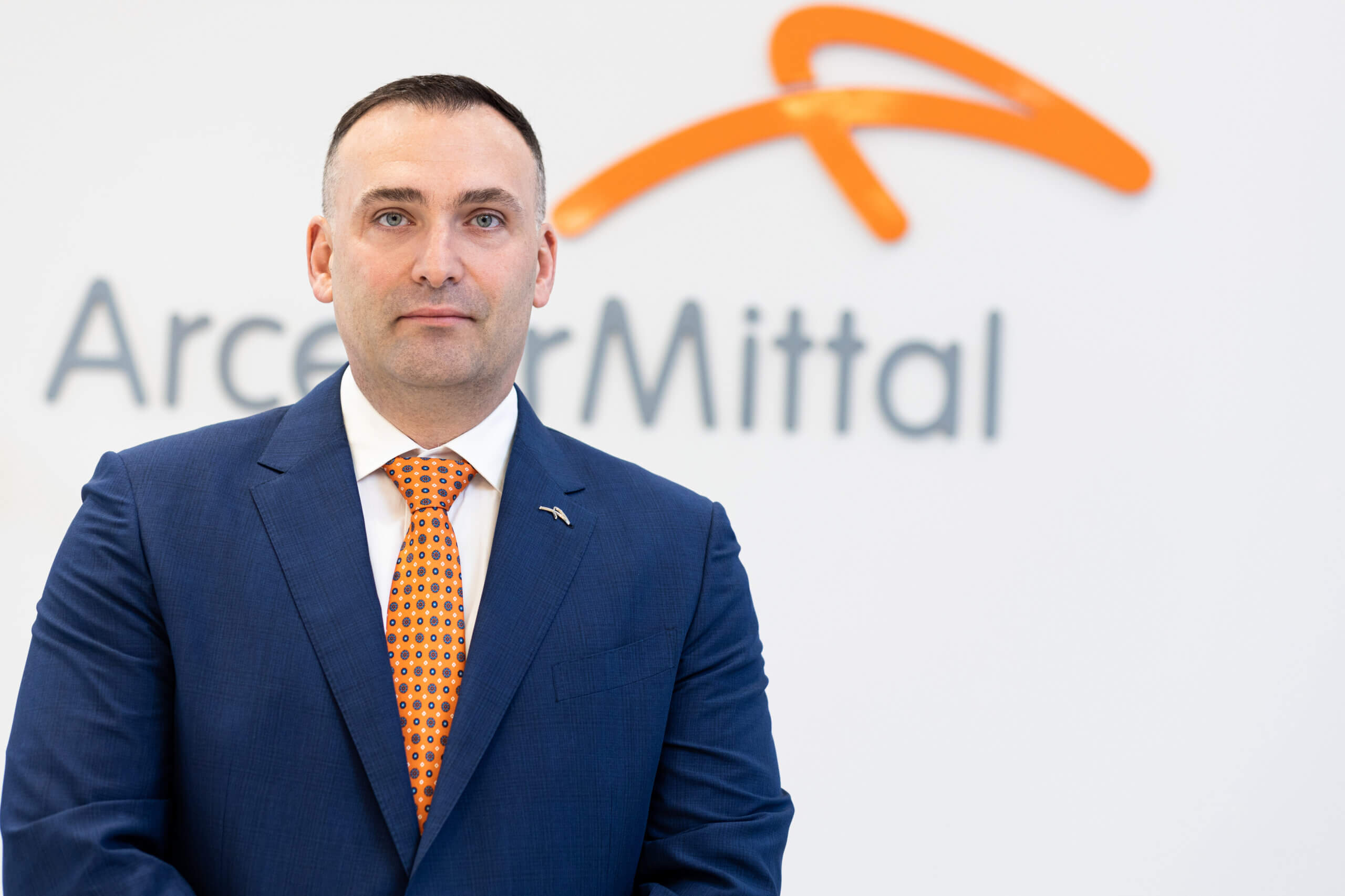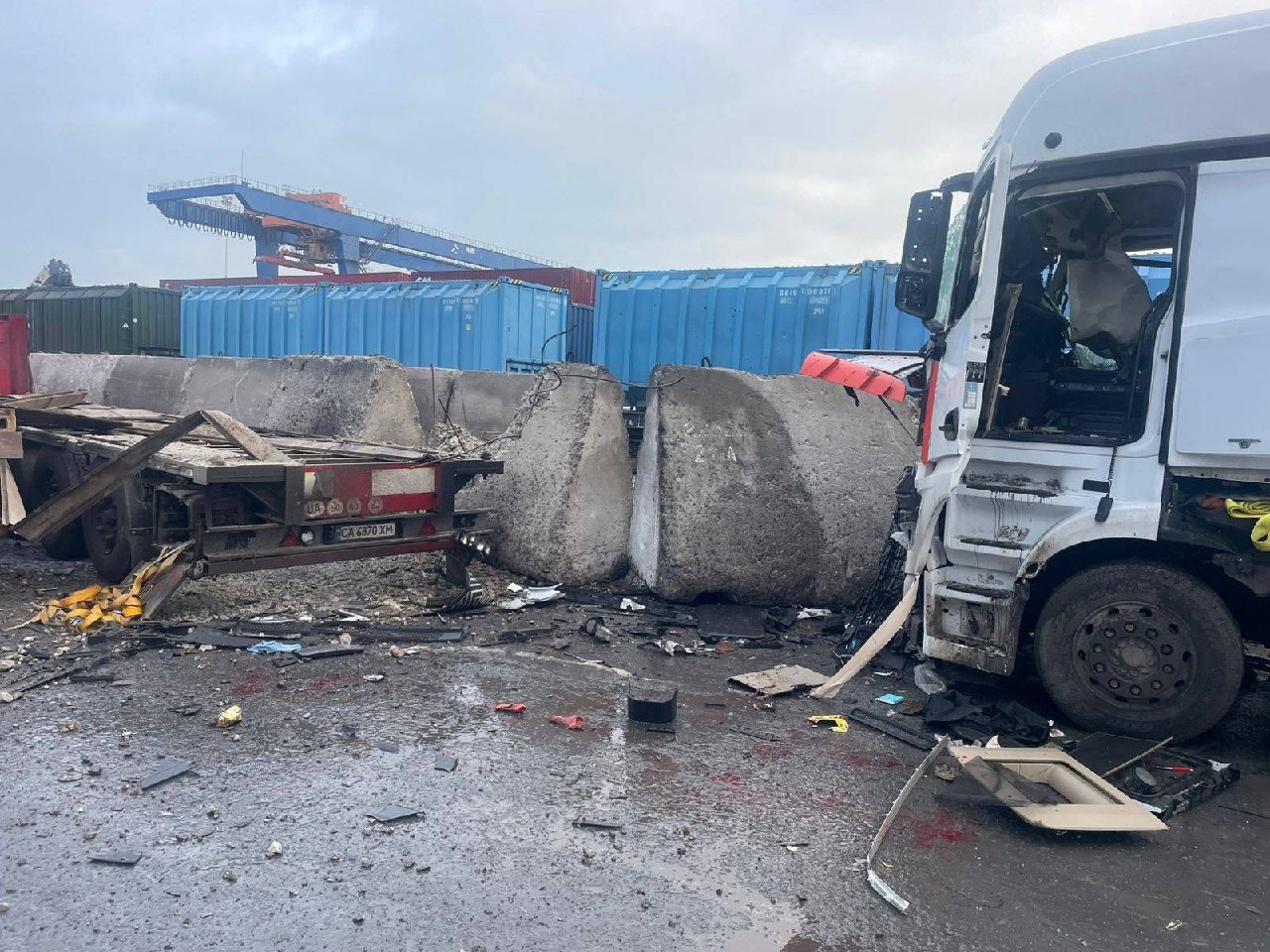ArcelorMittal Kryvyi Rih, Ukraine’s largest steelmaker, is facing a critical financial situation and is now fighting for survival rather than growth. According to CEO Mauro Longobardo, the company has been operating at a loss for four consecutive years, and the outlook remains grim.
Speaking at a roundtable hosted by GMK Center on the challenges facing Ukraine’s electricity market and the metallurgical industry, Longobardo emphasized the urgent need for state-level solutions — particularly regarding electricity tariffs.
“We’ve optimized everything we could. But without systemic support from the government, especially in terms of energy prices, we won’t be able to continue operating. Our current goal isn’t to make a profit, but to avoid further losses,” he said.
Electricity costs have become a major burden. In 2021, power made up 7% of ArcelorMittal’s production costs — by 2025, that figure has surged to 20%, making the production of steel and iron ore concentrate economically unviable.
The plant now requires at least $150 million in annual investment just to sustain a minimum level of operation. Even a break-even volume of 3 million tons of steel per year isn’t enough — over half of that output is currently unprofitable.
“We’re not even talking about green transformation anymore. Building electric arc furnaces, switching to DRI, and other planned investments totaling around $1 billion are off the table for now. First, we must survive the war, stabilize post-war, and only then begin strategic modernization,” Longobardo explained.
Over the past three years, the ArcelorMittal Group has injected more than $1 billion into its Ukrainian operations to keep the plant running.
Despite the hardships, the company continues to support the local economy. Payroll, taxes, land leases, and subcontractor employment account for up to 50% of Kryvyi Rih’s city budget. The plant currently employs nearly 20,000 people — down from over 27,000 in 2021.
“We are not asking for subsidies or handouts — just the ability to operate under fair and competitive energy prices. It’s time for the government to decide whether this vital sector of Ukraine’s economy should be preserved,” concluded the CEO.





















